BioSystem Development
Innovating life science solutions for a healthier tomorrow
Biomolecule purification is the process of isolating specific molecules like proteins or DNA from complex mixtures. It is essential for ensuring these molecules are pure and functional for research, diagnostics, and medical use.
Biomolecule Purification
Biomolecule purification refers to the critical process of isolating specific biological molecules, such as proteins, nucleic acids, lipids, or carbohydrates, from complex mixtures like cell lysates, blood, or tissue extracts. This step is essential for obtaining pure and functional molecules that can be reliably used in various downstream applications, including scientific research, clinical diagnostics, and therapeutic production. The quality and purity of these biomolecules directly impact the accuracy of experimental results, the efficacy of medical treatments, and the safety of biotechnological products. Therefore, effective purification techniques are foundational to progress across the life sciences and biotechnology sectors.

Types of Biomolecules Purified
Biomolecule purification targets a diverse range of molecules, each with unique structures and roles. Proteins, which serve as enzymes, signaling molecules, and structural components, are among the most commonly purified biomolecules. Nucleic acids, including DNA and various forms of RNA, are vital for genetic studies and molecular diagnostics. Lipids, although less frequently purified, are important in cell membrane research and signalling pathways. Additionally, carbohydrates such as polysaccharides and glycoproteins play crucial roles in cellular communication and immune responses. The varying physicochemical properties of these biomolecules necessitate specialised purification approaches tailored to the molecule’s nature and intended use.
Key Purification Principles
Successful biomolecule purification hinges on several core principles that guide the separation process. Selectivity is paramount, ensuring the target molecule is isolated based on specific characteristics such as size, charge, hydrophobicity, or binding affinity. Yield is also critical, reflecting the proportion of the target molecule recovered during purification, with the aim to maximise this value while minimising loss. Purity is equally important, as contaminants can interfere with subsequent analyses or applications, necessitating methods that effectively remove unwanted proteins, nucleic acids, or other impurities. Finally, maintaining the bio molecule's biological activity throughout the purification process is essential, as structural changes or denaturation can render the molecule non-functional and unusable for research or therapeutic purposes.
Innovating Biomolecule Purification
As the demand for high-purity biomolecules grows in biotechnology, pharmaceuticals, and diagnostics, traditional purification methods are being re imagined. Today’s challenges such as scalability, efficiency, and sample variability require smarter, more adaptive solutions. Innovation in purification techniques is not only improving performance and precision, but also enabling faster development cycles and more sustainable practices. Below, we explore how each major technique is evolving to meet the needs of modern bio processing.
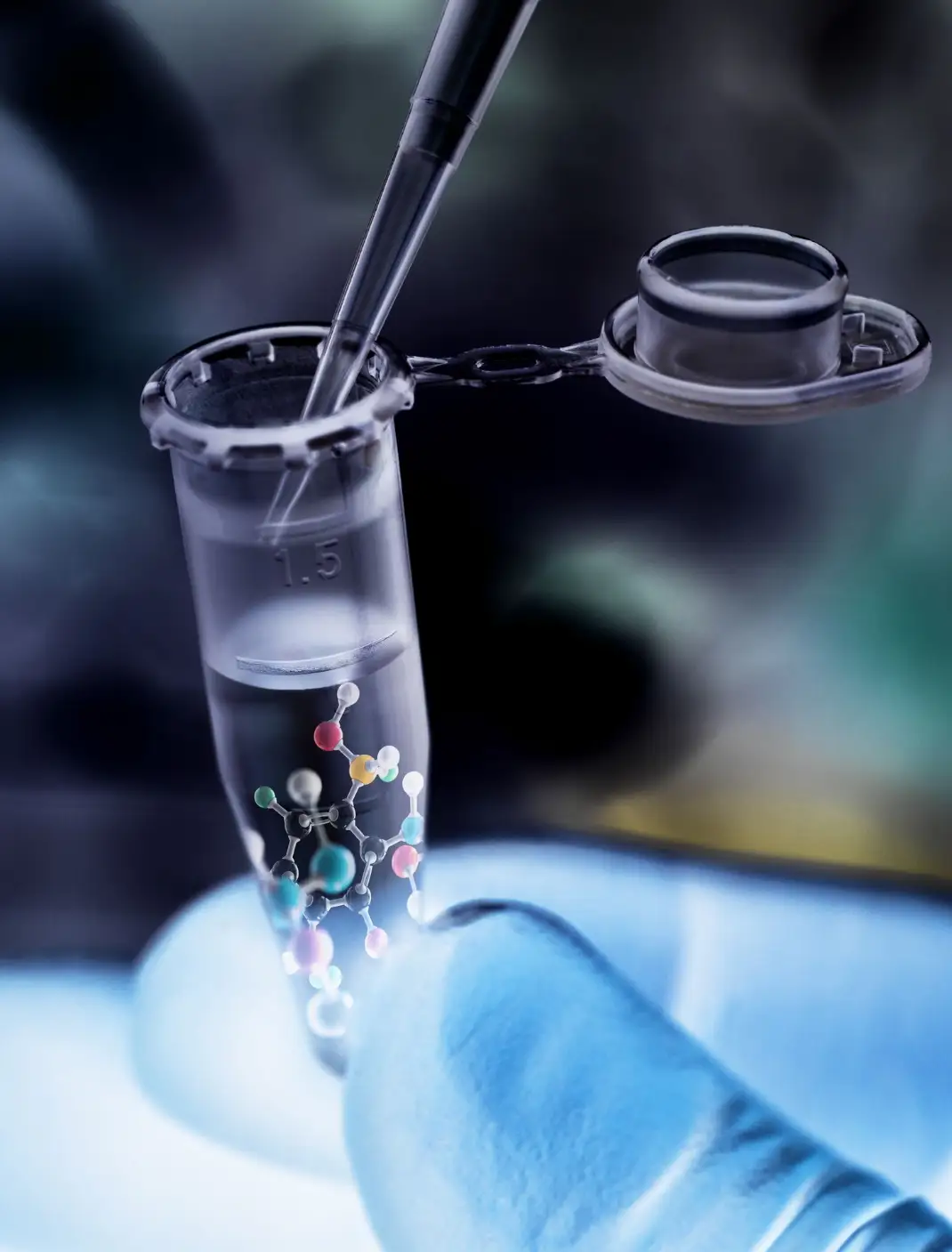
Smart Chromatography with AI-Driven Control
As described earlier, smart chromatography combines real-time biosensors and machine learning to optimize separation conditions dynamically. This results in higher purity, reduced waste, and adaptive purification, especially useful in complex bio processes or when dealing with variable biological samples.
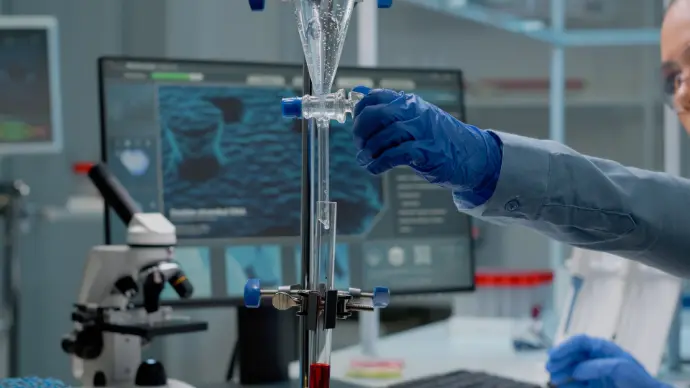
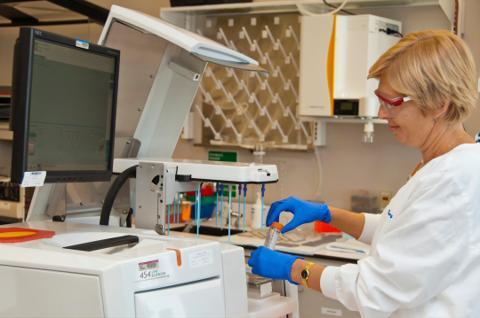
High-Speed, Automated Centrifugation with Microfluidics
Innovation in centrifugation now includes microfluidic-based centrifugation chips that enable sample separation at the micro scale, with minimal sample volume and faster processing times. These systems are ideal for point-of-care diagnostics or high-throughput screening, where traditional centrifuges would be too slow or bulky. They also integrate easily into automated workflows.
Next-Gen Electrophoresis with Microfluidic Platforms
Modern electrophoresis is evolving through lab-on-a-chip technologies, where electric fields are applied in micro scale channels to separate biomolecules with high precision and speed. These systems reduce reagent use, minimize sample loss, and allow real-time analysis, making them ideal for DNA/RNA analysis, clinical diagnostics, or rapid pathogen detection.
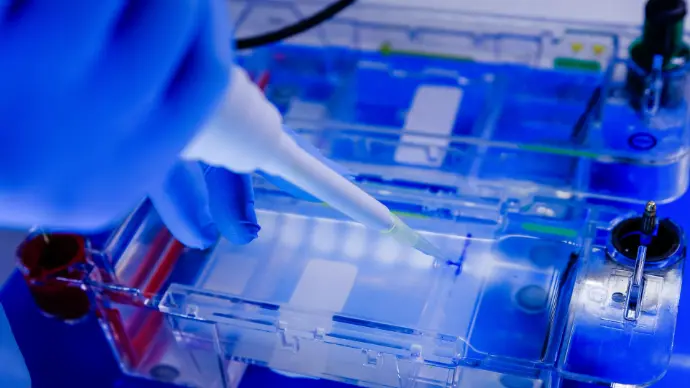
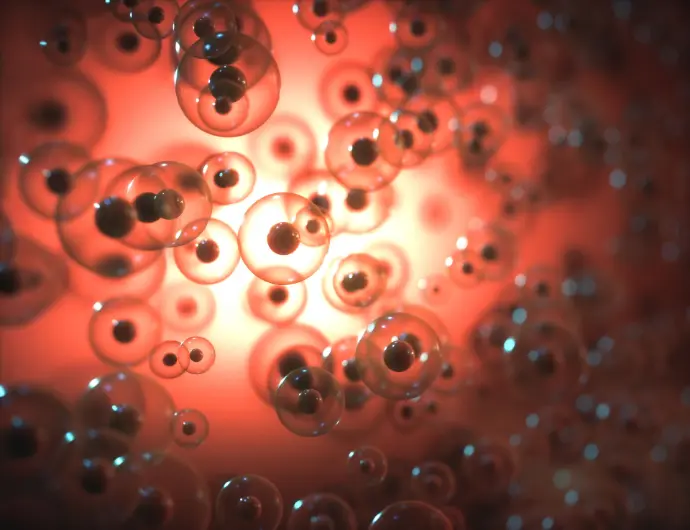
Advanced Ultrafiltration with Nanoporous Membranes
Recent advances in nanomaterials have led to ultrafiltration membranes with unable pore sizes and surface functionalities. These next-generation membranes allow selective separation with higher throughput, reduced fouling, and even simultaneous purification and concentration. This is valuable for therapeutic protein production, virus filtration, and endotoxin removal.
Bringing Innovation to Application: Why It Matters
These cutting-edge purification techniques are not just technological upgrades—they represent a shift toward more efficient, scalable, and sustainable bio processing. For researchers and biotech professionals, integrating these innovations can reduce development time, increase reproducibility, and improve the overall quality of biomolecule-based products.
At BioSystem Development, we align with these advancements by providing specialised solutions, automation tools, and technical expertise that help our partners translate innovation into impact. Whether you're working on therapeutic proteins, diagnostics, or next-gen vaccines, adopting modern purification strategies is key to staying competitive and accelerating discovery.